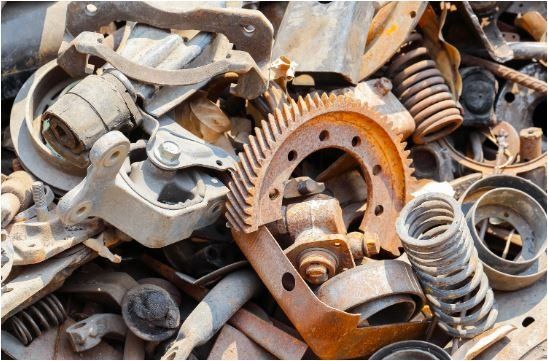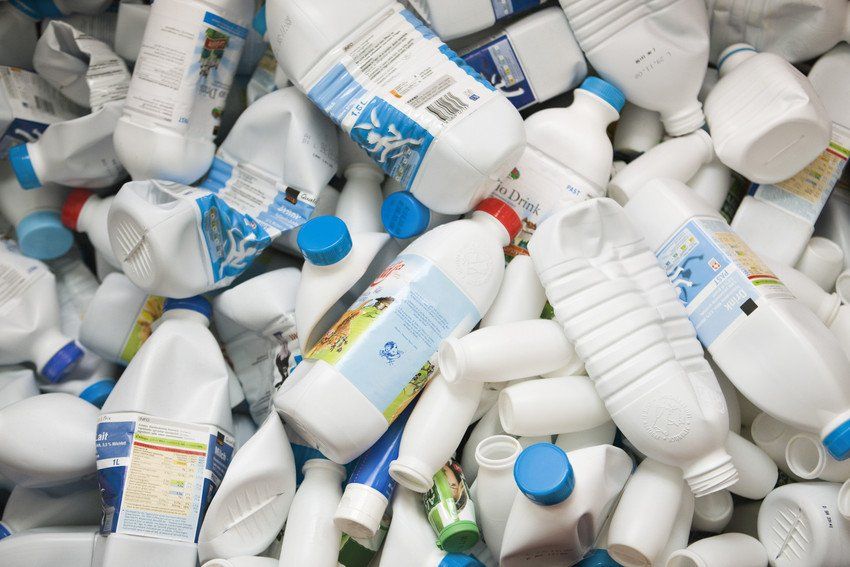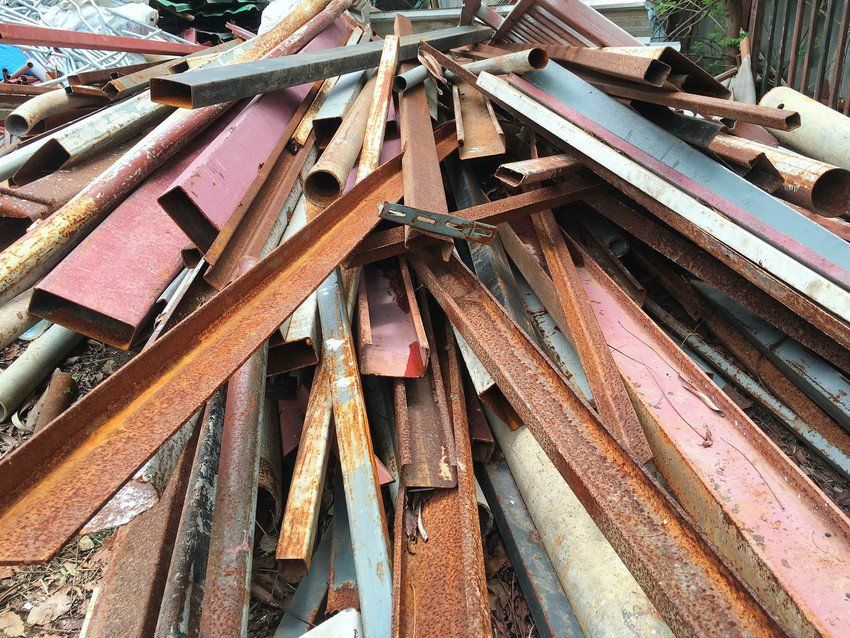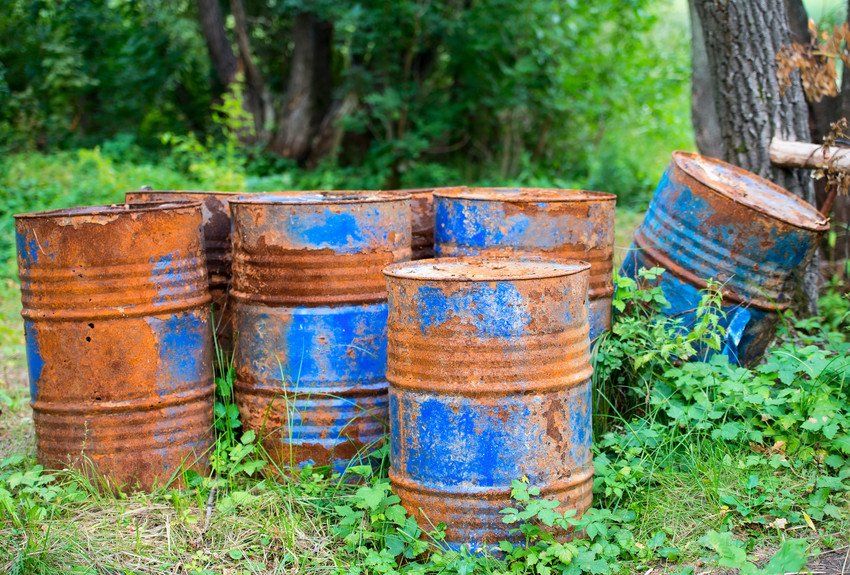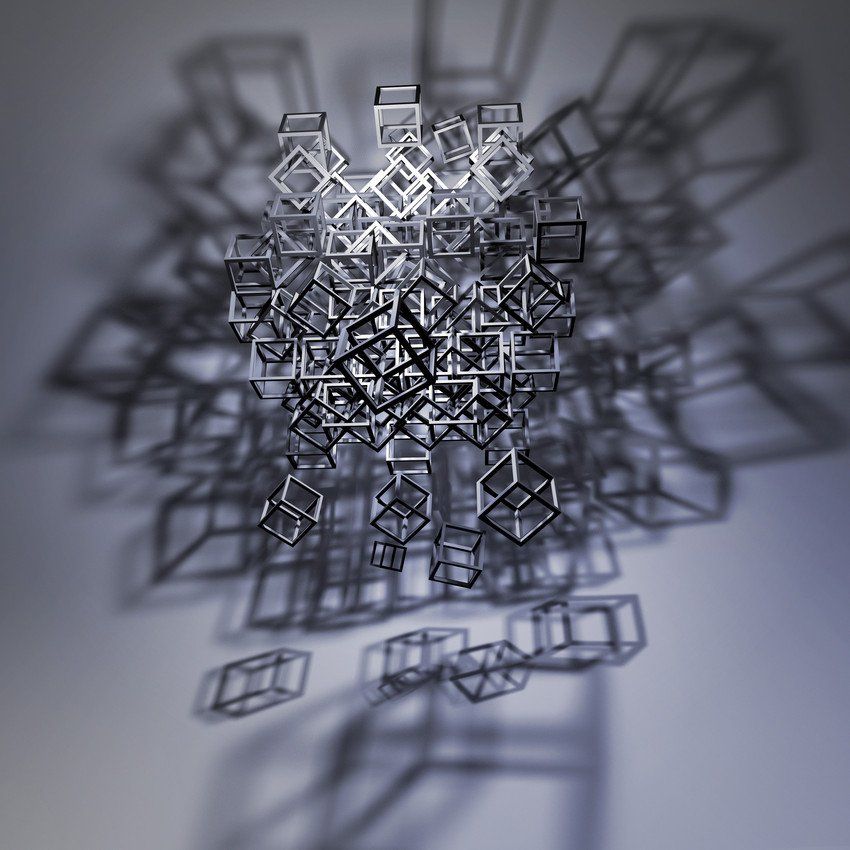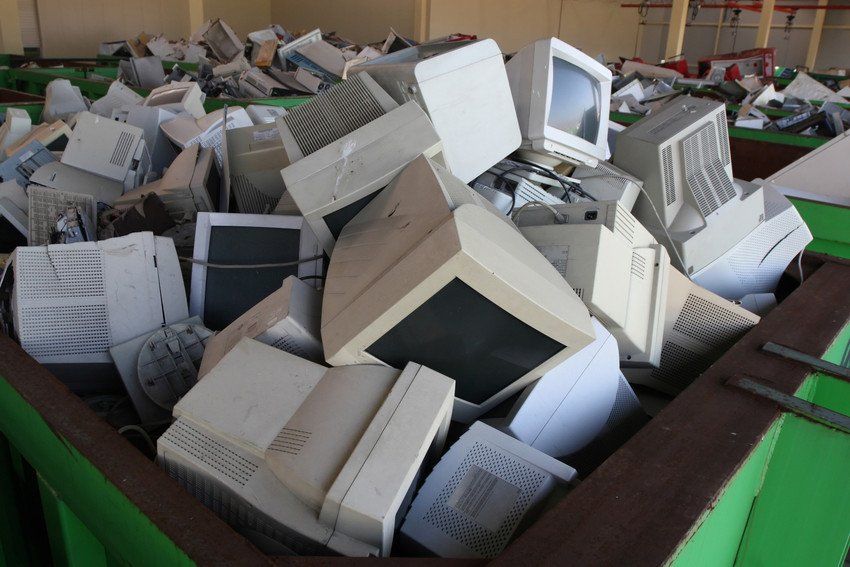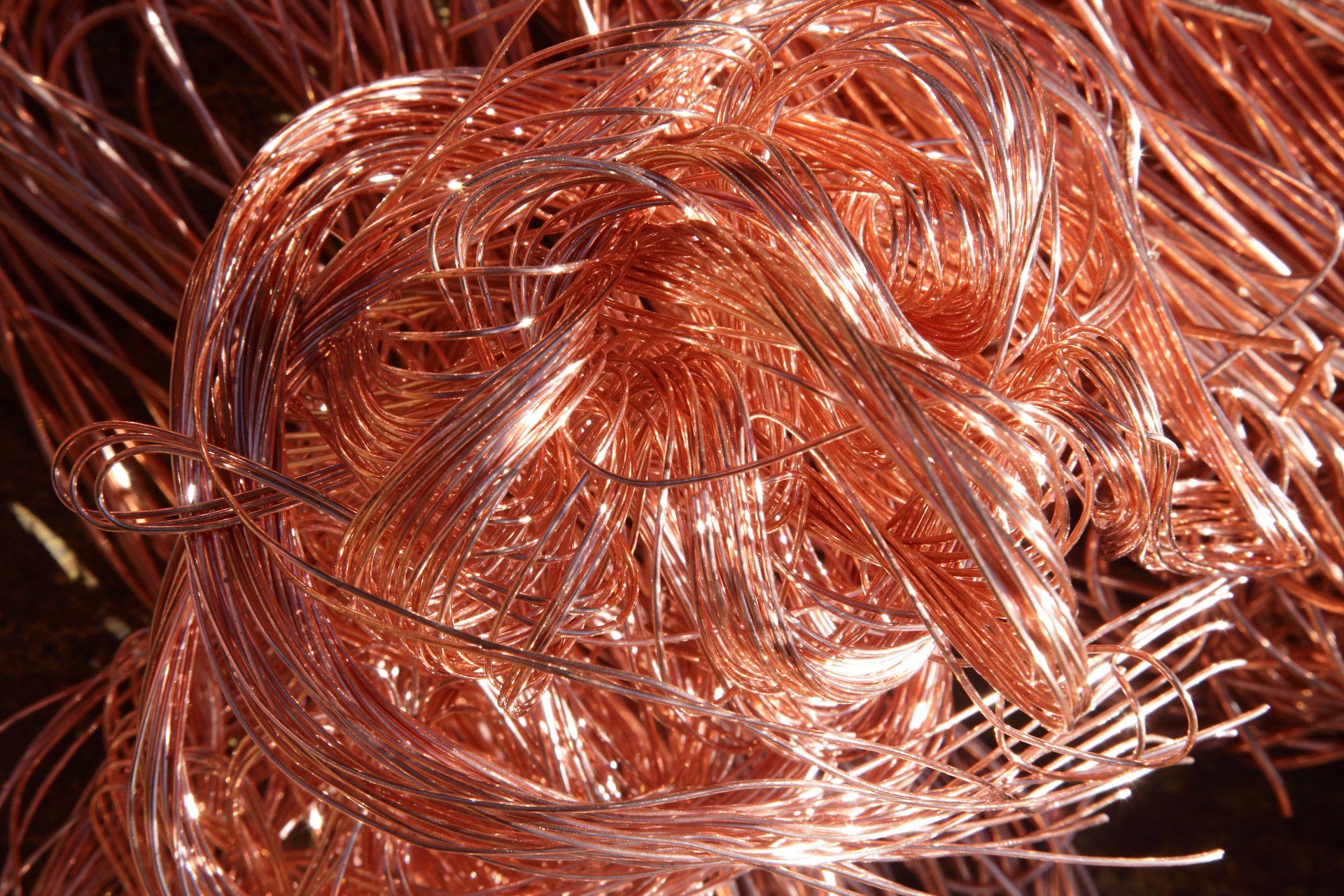A Quick Guide to WEEE Recycling
Most of us are fairly familiar with what can be recycled at home as part of our regular council-run kerbside collections, but what about the more unconventional items? WEEE recycling has become an increasingly important part of our day-to-day recycling, with many UK councils now offering collection for these types of items and waste management and recycling companies accepting a wide range of equipment.
Keep reading this quick guide from leading South Wales recycling company Broughshire Waste Metals to find out what you need to know about WEEE recycling.
What is WEEE?
WEEE is the acronym for Waste Electrical and Electronic Equipment, which covers a variety of products that any modern household is likely to throw out or replace regularly. While it is becoming easier and easier to dispose of these items properly, a staggering amount of electrical waste still ends up in landfills, which has a serious impact on the environment.
Anything electrical, whether mains or battery powered, is classified as WEEE and this category of waste is always growing and expanding as technology advances. The categories outlined in current legislation are as follows:
● Larger household appliances (e.g. fridges, cookers, washing machines)
● Smaller appliances (e.g. vacuum cleaners, irons, toasters)
● IT equipment
● Consumer equipment (e.g. radios, TVs, camcorders)
● Lighting
● Electrical tools (e.g. drills, sewing machines, saws)
● Toys, leisure and sports equipment
● Medical devices (e.g. dialysis machines, analysers, medical freezers)
● Monitoring and control equipment (e.g. smoke detectors, thermostats)
● Automatic dispensers (e.g. drink, food and cash dispensers)
● Display screens
● Cooling appliances
● Gas discharge lamps and LED light sources
● Photovoltaic (solar) panels
All of the above are recyclable, but few can be disposed of in a standard recycling bin. To find your local council’s rules on WEEE or electrical recycling, enter your postcode on GOV.UK. Alternatively, research local recycling centres to find out what items they can accept.
How WEEE recycling works
WEEE items are often extremely complex, which means they can be tricky to recycle. The exact recycling process of these types of items varies depending on the category they fall into and the technology required to treat them throughout the recycling process. Additionally, electrical items often contain hazardous materials such as arsenic, cadmium, lead and mercury, meaning they must be handled with care and expertise.
WEEE regulations
Businesses have a duty of care relating to how the WEEE they produce is stored, moved and disposed of, which applies from the moment the product is created until the moment it is recovered, recycled and/or destroyed. This duty of care is outlined in the WEEE regulations.
It’s also essential that any recycling company which handles WEEE items are experienced, qualified and licensed to deal with these types of materials. Waste collection companies require a Waste Carriers’ Licence, while WEEE recycling, treatment and disposal facilities must be registered as an Approved Authorised Treatment Facility (AATF).
Looking for an accredited waste management company in South Wales?
Broughshire Waste Metals can help. We have a full Waste Carrier Licence, are WAMITAB-accredited, and also hold both ISO9001:2015 and ISO14001:2015. We’re more than happy to help you with any queries you have and can provide tailored expert advice on a range of waste management and recycling issues.
Get in touch today for WEEE recycling services you can rely on.
